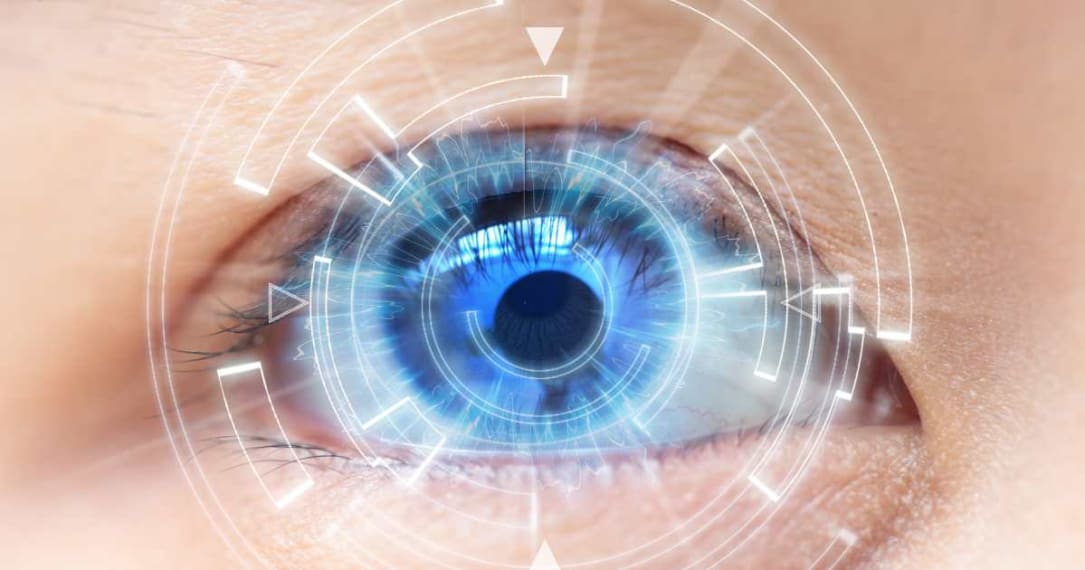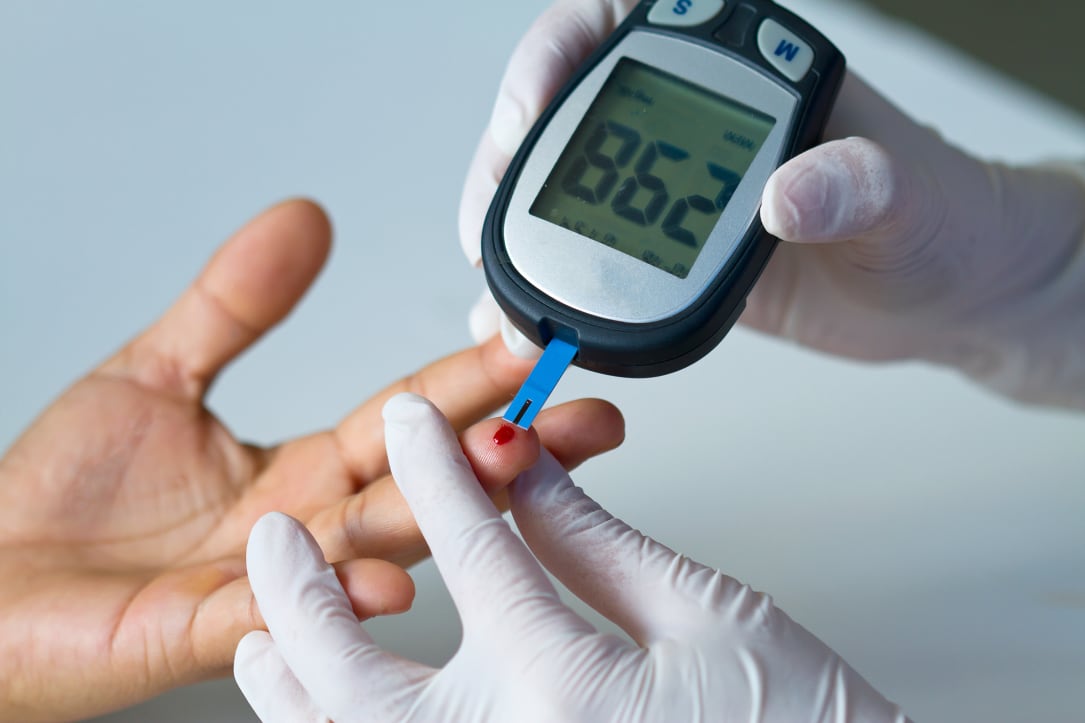Wireless smart contact lenses could be the answer to detecting diabetes and helping to treat diabetic retinopathy just by wearing them, researchers have said.
The technology, delivered by a team in South Korea, can successfully control drug delivery via electrical signals and could eventually see the end of finger-pricking.
The device relies on chip technology which monitors sugar levels via the users’ blood vessels behind the eyelids and will issue a warning should a health emergency arise.
A recent study showed the pioneering lenses correctly detected glucose levels from the tears of rabbits with diabetes.
In the last few years there have been many attempts to create contact lenses that could make life easier for people with diabetes.
In 2014, Google announced it was working on designing lenses that could measure blood sugar levels from tears. However, tests on the technology showed the measurements were inconsistent.
However, despite these latest exciting findings, lead researcher Professor Sei Kwang Han from Pohang University of Science and Technology’s (POSTECH) Department of Materials Science and Engineering, believes more research must be carried out before it can be made available to the general public.
He said: “Despite the full-fledged research and development of wearable devices from global companies, the commercialisation of wireless-powered medical devices for diagnosis and treatment of diabetes and retinopathy is insufficient.
“We expect that this research will greatly contribute to the advancement of related industries by being the first in developing wireless-powered smart contact lenses equipped with drug delivery system for diagnosis and treatment of diabetes, and treatment of retinopathy.”
The research has been published in the Science Advances journal.




